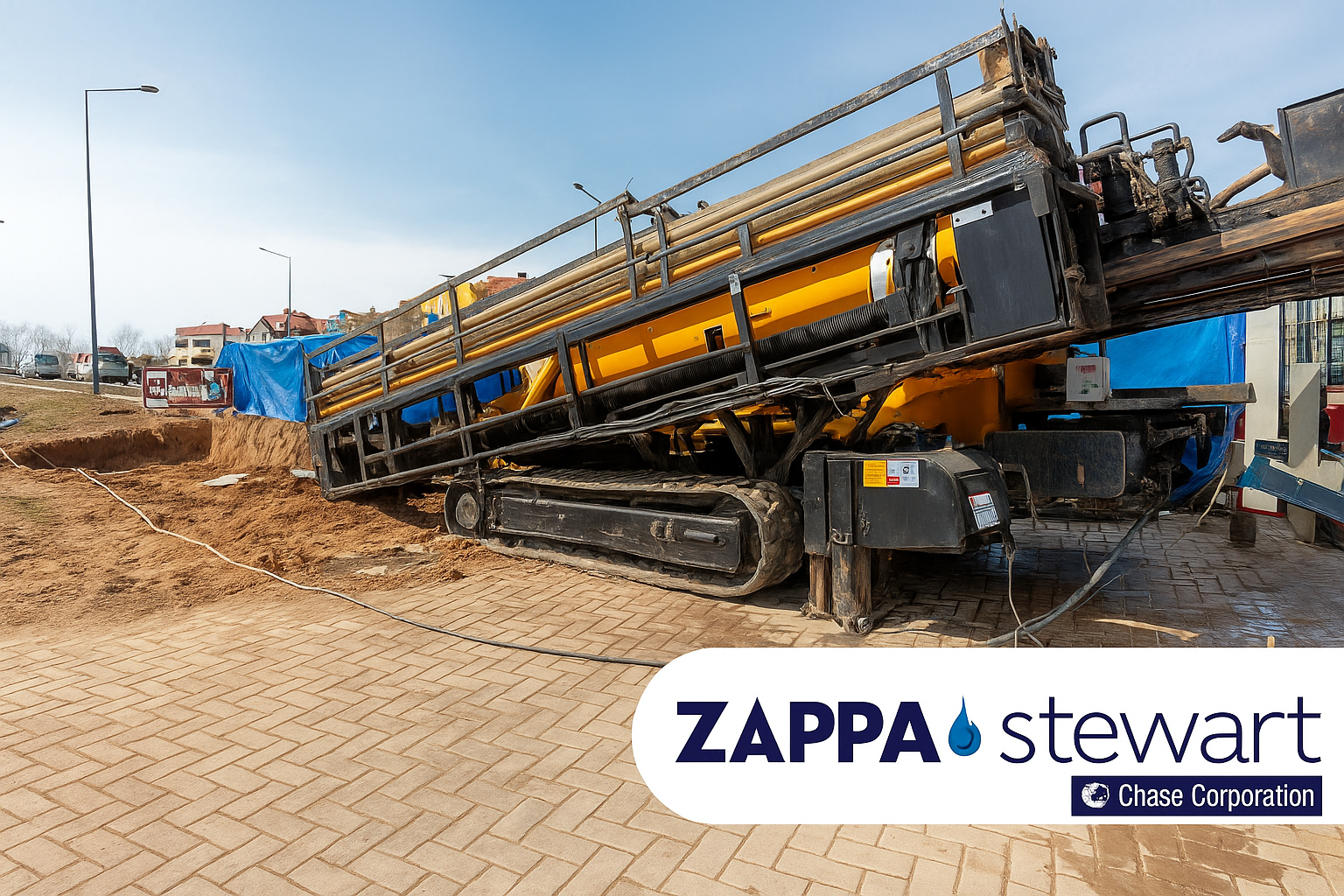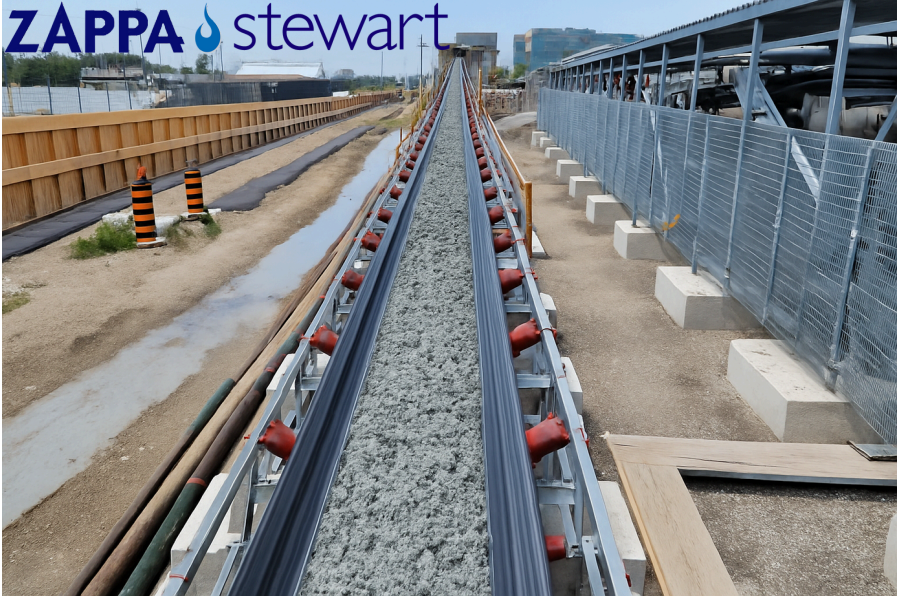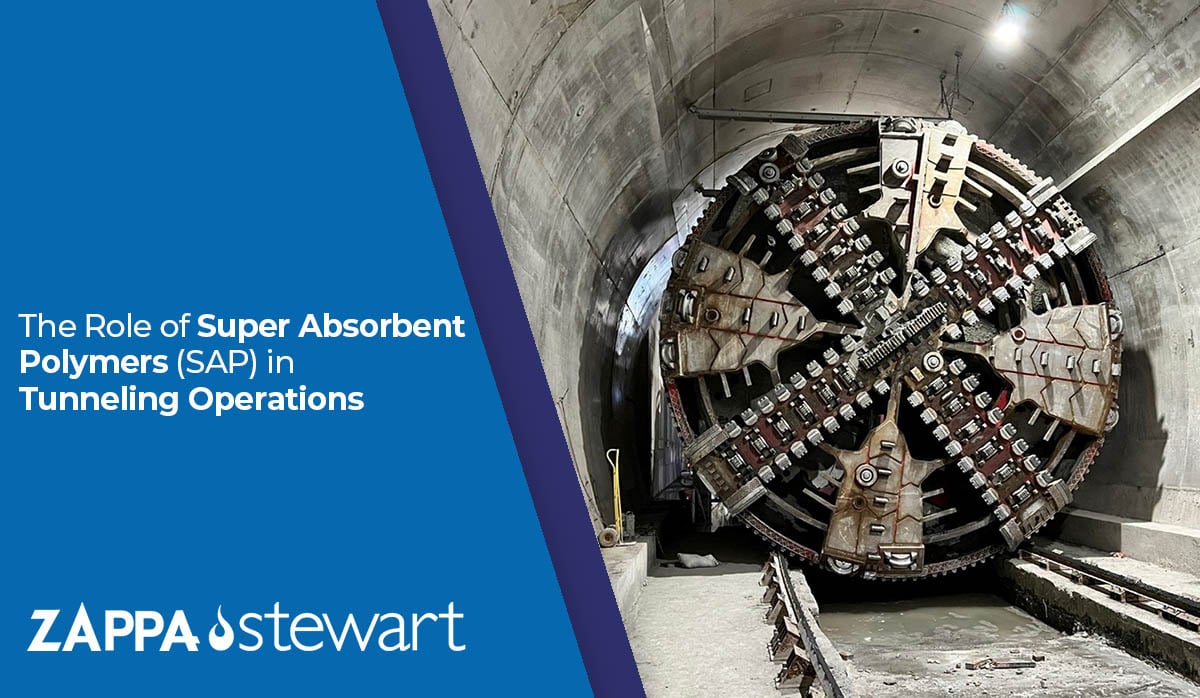Loads that fail the Paint Filter Liquids Test (PFLT) for free liquid are turned away at the landfill gate, driving rework and extra hauling. Superabsorbent polymers (SAPs) immobilize free liquid quickly to help pass PFLT (EPA Method 9095B) and move material off-site sooner—often at lower dose than bulk absorbents.
Topics: SAP, SAP Applications, HDD, ZapOut, Tunneling
Washdowns, ingredient spills, and changeovers add time and slip hazards. Superabsorbent polymers (SAPs) capture and immobilize liquids quickly, making cleanup faster and safer while supporting housekeeping SOPs. SAPs also support spill kits and certain packaging absorbents where permitted.
Topics: SAP, SAP Applications, HDD, ZapOut, Tunneling
Superabsorbent polymers (SAPs) rapidly immobilize free liquid by converting it into a stable gel, helping sites cut handling/disposal costs, reduce risk, and meet landfill “no free liquids” requirements. Below you’ll find quick answers to the most common questions we get about SAPs—plus where to use them and how to validate performance in the field.
Topics: SAP, SAP Applications, HDD, ZapOut, Tunneling
Topics: SAP, SAP Applications, HDD, ZapOut, Tunneling
Managing drilling fluid waste from HDD and hydrovac work shouldn’t drain time, money, and crews. Traditional absorbents like sawdust or lime add bulk, slow you down, and still risk free-liquid failures at the landfill. Zappa-Stewart superabsorbent polymers (SAPs) flip that script—solidifying mud in 15–30 minutes, cutting added material to a fraction of the usual dose, shrinking pit volumes, and helping loads pass Paint Filter so you can haul sooner, safer, and at lower total cost.
Topics: SAP, SAP Applications, HDD, ZapOut, Tunneling
Topics: SAP, SAP Applications, HDD, ZapOut, Tunneling
Tunneling has emerged as the least disruptive and most efficient methodology for rail and vehicle transportation, clean water and wastewater security and conservation as well as security for the movement of chemicals and hydrocarbon through sensitive environments.
Topics: SAP, SAP Applications, HDD, ZapOut, Tunneling
Coronavirus disease 2019 (COVID-19) and its cause, SARS-CoV-2, have taken a solid grip on both the US and the world, causing significant loss of life and economic destruction. The public in general now has a heightened awareness around not only this current coronavirus, but the potential for future viruses and pandemics as well. This only adds to the pressure hospitals and other healthcare centers have been under to reduce Hospital Acquired Infections (HAIs), which, according to the Centers for Disease Control and Prevention (CDC), affect roughly 1 in every 31 hospital patients across the United States.
Topics: Covid-19, Infectious Viruses, Infection Control, ZapOut, SAP for Medical Applications


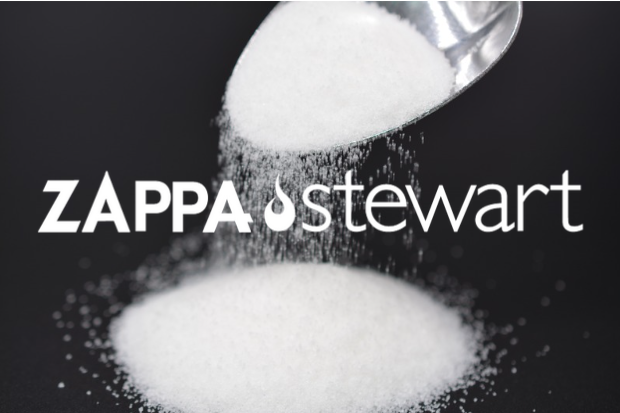
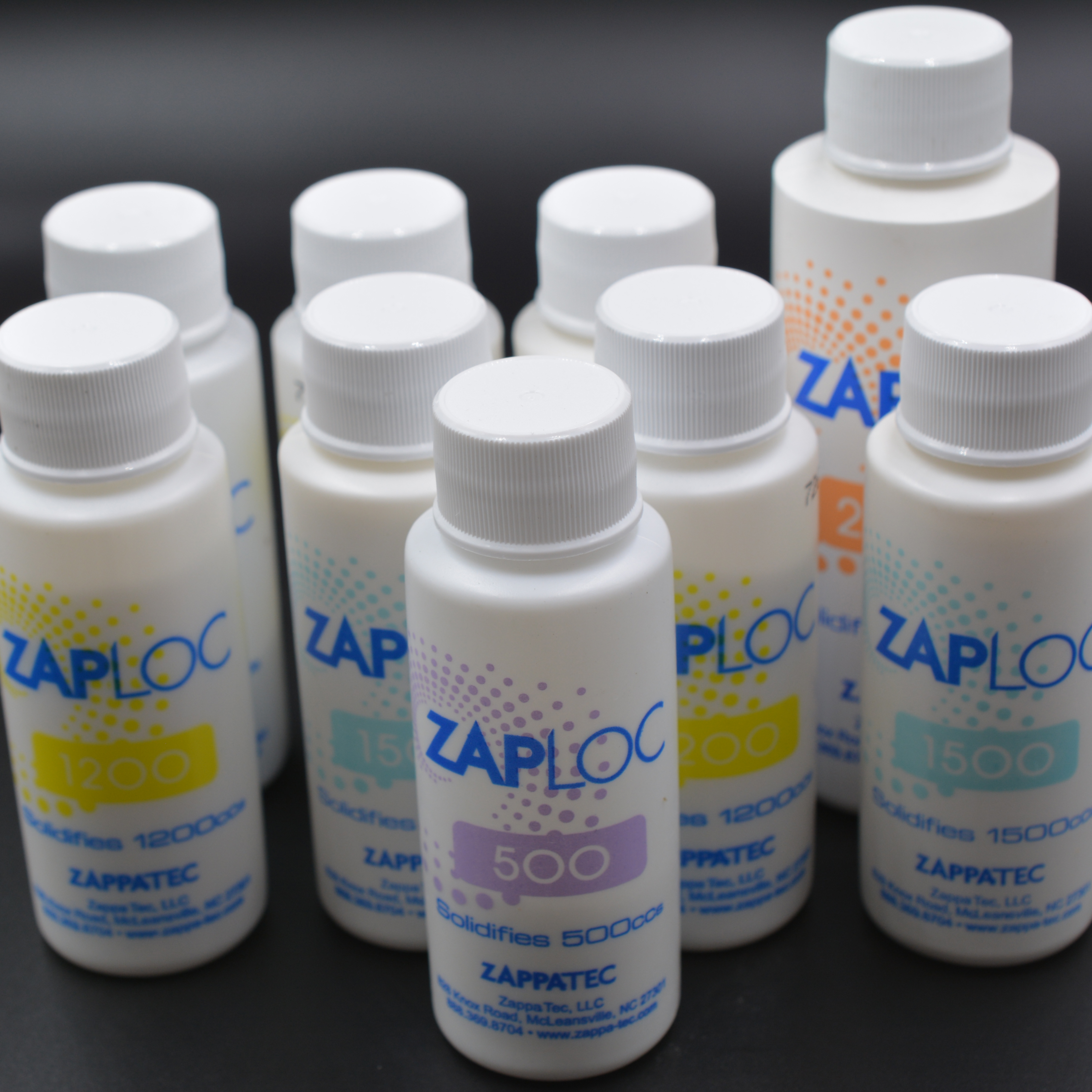
.jpg)
